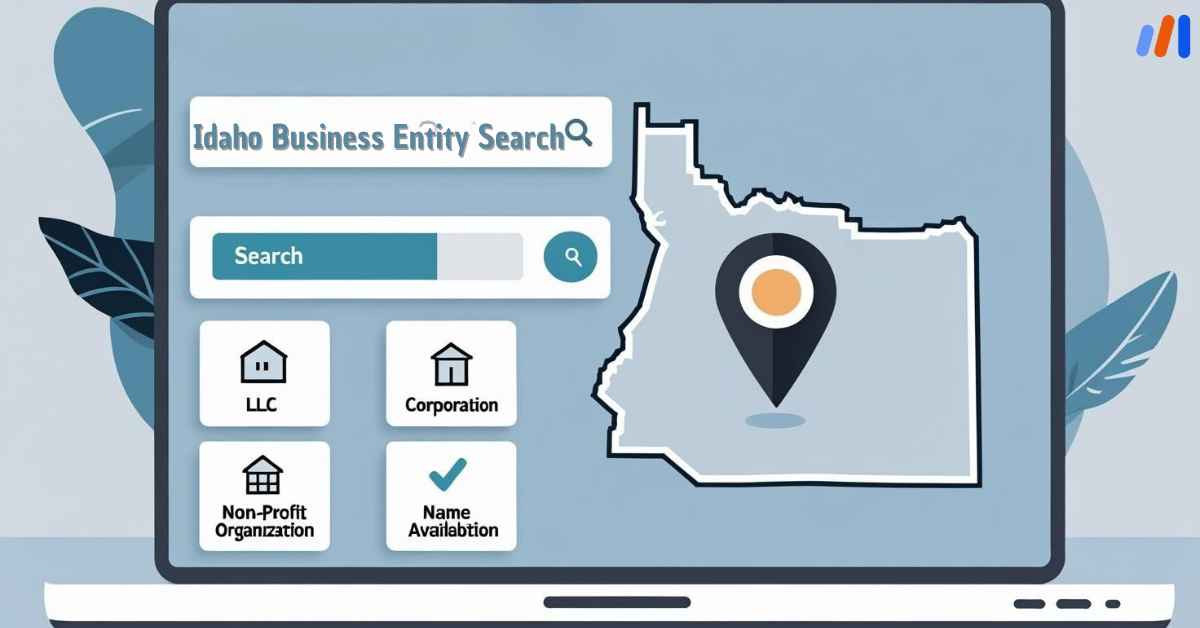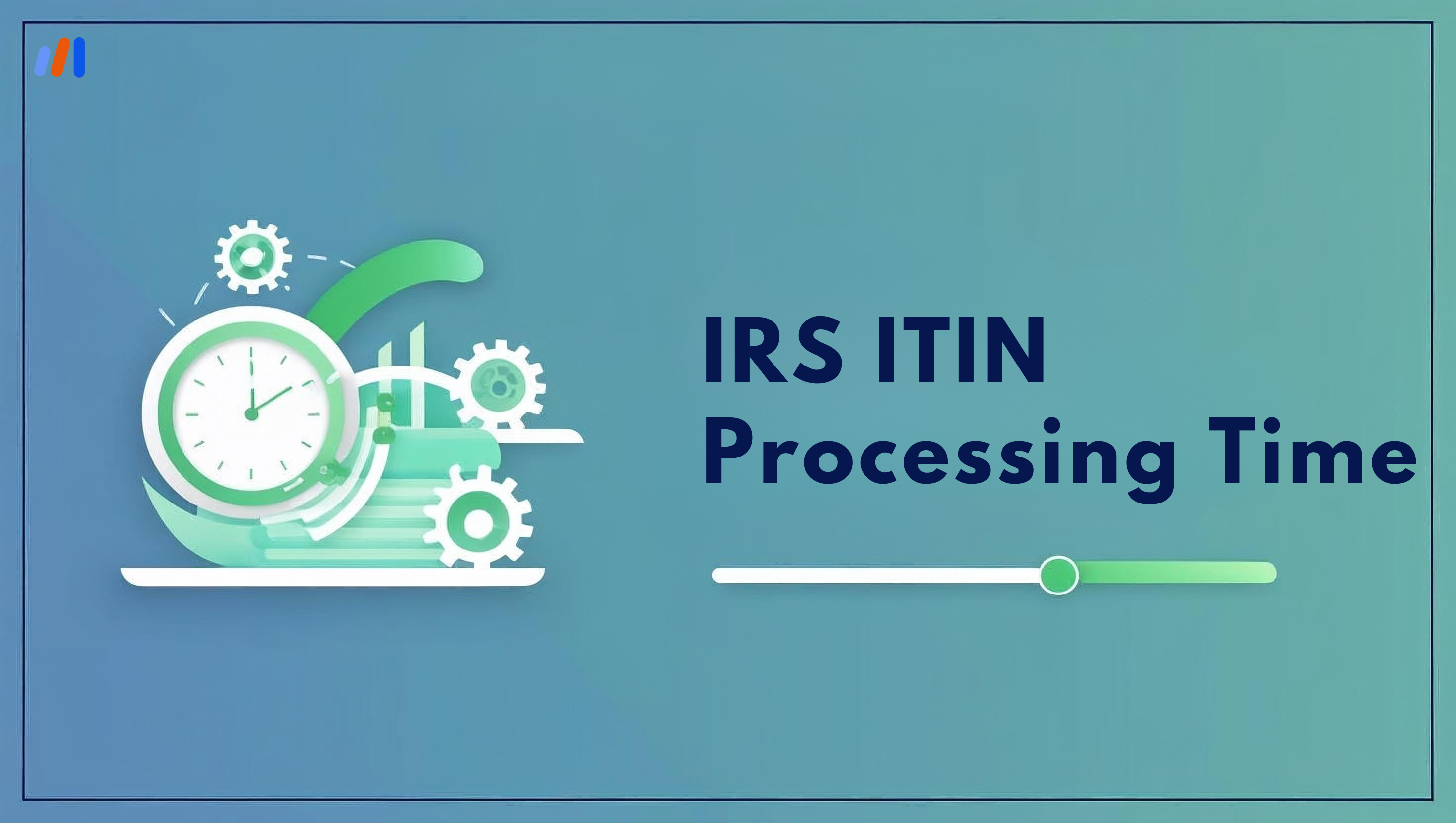Why Start an LLC in Arkansas?
With legal flexibility and protection becoming an increasingly important need for small business owners, there is a significant demand for an LLC, which is why Arkansas is popular throughout the US.
Along with these benefits, the LLC is a great way to gain tax advantages and retain personal assets, due to the low filing fees, minimal administrative burdens, and flexible and business-friendly laws in Arkansas. This is why established business owners as well as aspiring business owners seek expansion in Arkansas.
Benefits of Forming an LLC in Arkansas
Personal Asset Protection
When the LLC is established in Arkansas, the legal wall that is built protects personal assets, which in this case are the home, vehicle, and savings, from business debts and legal claims as long as ethical business practices are followed and personal commingling doesn’t occur.
Tax Advantages
Unlike its counterparts, an Arkansas LLC is not subject to federal income taxes, making its taxation system more lenient. Instead, Arkansas LLCs enjoy so-called ‘pass-through taxation,’ meaning the profits and losses are ‘passed’ to the owners and reported on their individual tax returns. This helps owners avoid double taxation, like in the case of a corporation. Furthermore, Arkansas LLCs do not have any state income taxes, although Arkansas LLCs do have to pay an annual franchise tax.
Enhanced Credibility
Having an LLC in the state of Arkansas helps improve the reputation of the business. Unlike sole proprietorships and partnerships, LLCs are often assumed to be more established and reliable by customers, suppliers, and even banks. This can provide the LLC with a competitive edge in the market and improve its chances of getting access to financing.
Operational Flexibility
An Arkansas LLC provides the greatest amount of flexibility in terms of management, organizational structure, and the manner in which profits can be divided. Unlike corporations, Arkansas LLCs do not have any formal requirements, such as formal board of directors meetings, shareholder meetings, or any other complex corporate formalities. This allows the business to direct its efforts towards achieving growth.
Arkansas LLC Name Rules and Requirements
Before filing your Articles of Organization, it’s time to check if your LLC name meets the requirements set by Arkansas state:
| Requirement | Details |
|---|---|
| Distinguishability | Must be distinguishable from existing business entities in Arkansas |
| Required Designators | Must include “Limited Liability Company,” “LLC,” or “L.L.C.” |
| Prohibited Words | Cannot contain “bank,” “insurance,” or other restricted terms without proper licensing |
| Name Reservation | Available for $25 for 120 days through the Arkansas Secretary of State |
You can check if a name is available for use in business through the Arkansas Secretary of State website. If your proposed name is already taken, you can opt for a variation or reserve a name while you work on your formation documents.
Step-by-Step Guide to Forming an LLC in Arkansas
Step 1: Choose and Reserve Your LLC Name
You can search the Arkansas Secretary of State’s website to find if the name of your business is already taken. If the name is available, you have the option of reserving for $25 to complete the formation steps.
Step 2: Designate a Registered Agent
Every LLC in Arkansas must have a registered agent. The registered agent must have a physical address in Arkansas and be available during business hours to accept legal documents and other business communications. You can act as your own registered agent, or you can use a registered agent service.
Step 3: File Articles of Organization
Submit your Articles of Organization to the Secretary of State of Arkansas. The filing fee is $45 when paid online or $50 when paid via mail. The following is required:
- LLC title with postal verification
- Registered agent details
- Information about the organization
- How the company is going to be managed (member-managed or manager-managed)
Step 4: Get an EIN
You can get an Employer Identification Number (EIN) for your business by applying online on the IRS website. This is required for tax obligations as well as opening your business bank account.
Step 5: Draft an Operating Agreement
An operating agreement is not required by law, but it is an important document that sets ownership percentages, management duties, and the operational procedures of the business. For an Arkansas LLC, it is not a legal requirement, but it is highly advisable.
Arkansas LLC Filing Costs and Ongoing Expenses
Effective budgeting requires an understanding of the expenses that come with maintaining an Arkansas LLC:
| Expense Type | Cost | Frequency |
|---|---|---|
| Articles of Organization | $45 online, $50 via mail | One-time |
| Registered Agent | $100-300 | Yearly |
| Annual Franchise Tax | $150 | Yearly |
| Name Reservation | $25 | Optional |
| EIN Application | Free | One-time |
The total cost of forming an LLC in Arkansas, in most cases, does not exceed $400, with the majority of the expenses being additional professional services used or a registered agent service.
Business and Tax Requirements for Arkansas LLCs
Federal Requirements
- EIN: Required for tax filings and banking
- Federal Tax Elections: Choose your tax classification (sole proprietorship, partnership, S-Corp, or C-Corp)
State Requirements
- Franchise Tax: LLCs are required to file franchise tax returns by May 1 every year for a fee of $150
- Business Licenses: Some businesses are required by the state and/or local governments to obtain certain licenses
- Sales Tax Registration: Taxable goods and services must register for sales tax
Local Requirements
Contact your local city and county for any additional business licenses, local zoning permits, and business-type-specific local taxes.
What to Do After Forming Your LLC in Arkansas
Create an Operating Agreement
Prepare a detailed operating agreement delineating the responsibilities of each member, the distribution of profits, the mechanisms for making decisions, and the policies for adding and removing members.
Open a Business Bank Account
Stop co-mingling your personal and business funds by opening a business bank account. You will need the Articles of Organization, the EIN, and the operating agreement to complete the process. Most banks prefer the business to have an account.
Obtain Business Insurance
To secure your assets and operations, you should evaluate general liability, professional liability, and property insurance policies.
Maintain Compliance
Avoid penalties and dissolution of your LLC by filing yearly tax dues, sustaining your record keeping, and having an appointed registered agent.
Do You Need to File an Annual Report for an LLC in Arkansas?
In Arkansas, LLCs don’t submit yearly reports. Instead, an LLC must submit an annual franchise tax report and its annual renewal by May 1 with a $150 annual fee. LLCs and corporations pay franchise taxes as a means of ensuring that a business remains legally registered in good standing with the state.
You are legally bound to submit the franchise tax report, or else penalties and dissolution of your LLC may apply. Make it a habit of meeting the filing date by setting a reminder that goes off on May 1 of every year, and make sure to file in good time.
How EasyFiling Helps You Start Your Arkansas LLC
Professional formation services like EasyFiling simplify the LLC formation process by handling paperwork, ensuring compliance, and providing ongoing support. These services typically include:
- Name availability search and reservation
- Articles of Organization preparation and filing
- Registered agent services
- EIN application assistance
- Operating agreement templates
- Ongoing compliance reminders
While using a professional service adds to the initial cost, it can save time and reduce the risk of filing errors that could delay your LLC formation.
Frequently Asked Questions About Arkansas LLCs
How long does it take to form an LLC in Arkansas?
If filing online, it takes between 1-2 days, while filers through the mail will most likely take 7-10 days.
Can I be my own registered agent?
Yes, as long as you have an Arkansas physical address and you are reachable during business hours, you can be your own registered agent.
What’s the difference between member-managed and manager-managed LLCs?
Member-managed LLCs are managed directly by the owners, while in manager-managed LLCs, the owners appoint specific people to handle the daily operations.
Do I need an operating agreement in Arkansas?
Though it is not a legal requirement, it is suggested that an operating agreement be in place in order to keep the business and members’ personal assets safe and in order to maintain clear guidelines.
Can I form an LLC with just one member?
Yes, Arkansas does have a single-member LLC option, which is beneficial for those who are running a business alone and want to limit their personal liability.
What happens if I don’t pay the annual franchise tax?
The failure to pay the annual franchise tax can attract penalties, loss of good standing within the state, and eventual dissolution of your LLC. Starting an LLC in Arkansas has numerous advantages for entrepreneurs, including limited liability, tax breaks, operational flexibility, and strong liability protection.
Arkansas’s low filing fee charges and simple requirements sustain the appeal for an attractive business environment. By following this comprehensive guide and staying compliant with ongoing requirements, you’ll be well-positioned for business success in the Natural State.
File Your LLC Today
25$ off with a coupon
Lock in EasyFiling's transparent rates and get lifetime compliance support at no extra cost.
Get Started Now







